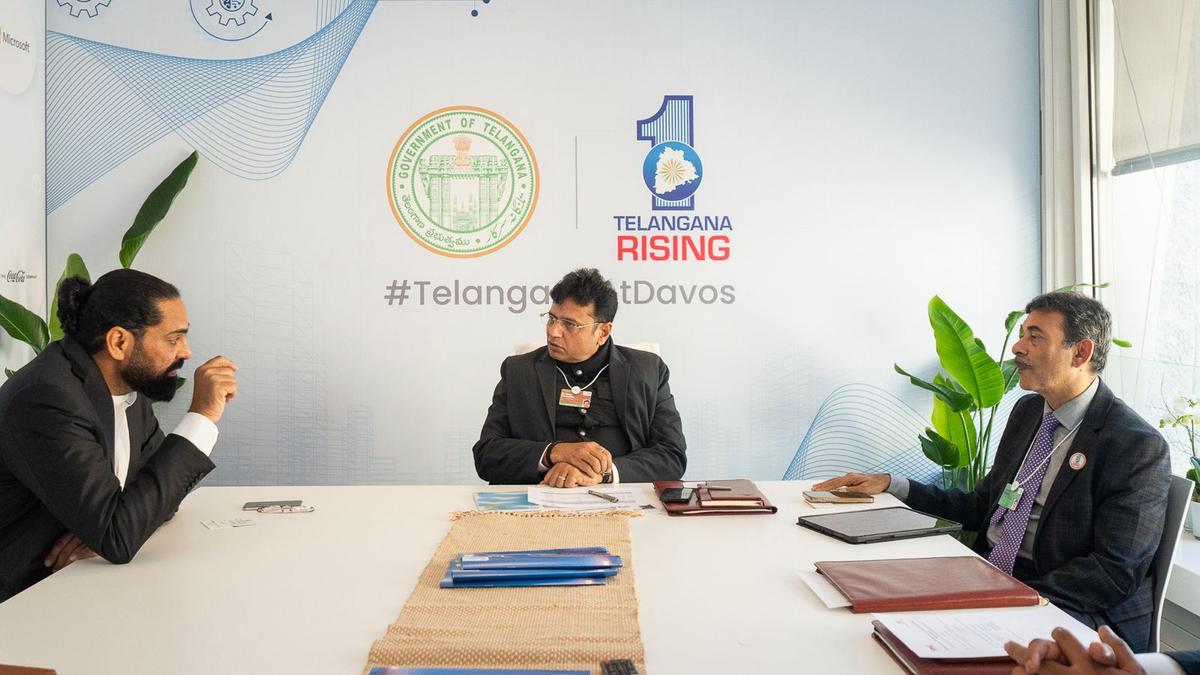As many as 3.99 million passenger vehicles were registered in Japan in 2023, which reports data on a calendar year basis. China is the largest car market, followed by the US.
Around 375,000-380,000 cars, sedans and utility vehicles are expected to be sold in India in March, up from 336,000 units a year earlier, making it the 15th consecutive month that PV sales have breached previous monthly records. For the first time, sport-utility vehicles are set to capture more than half of the passenger vehicle market in a year underscoring their growing popularity.
“The trends in demand parameters for March as reflected in enquiries and bookings continue to be positive. The expected wholesales in the industry of around 375,000 will be the highest-ever March numbers. This makes it the 15th straight month of highest-ever monthly sales,” Shashank Srivastava, senior executive officer (marketing and sales) at the country’s largest carmaker Maruti Suzuki, told ET.
Srivastava added retail sales this month are lagging “a bit probably because of the inauspicious period just before Holi”, which has affected demand in some parts of the country. “As a consequence, we do see a slight build-up in dealer inventory.”
Automakers in India mostly report wholesale dispatches from factories and not sales to customers. On a cumulative basis, companies dispatched 3.86 million cars to showrooms between April 2023 and February 2024, a growth of 8.6% over 3.55 million units in the year-ago period. Car dispatches in FY23 stood at 3.89 million units.Industry stakeholders are optimistic on the demand momentum continuing.
‘Indian Market Resilient’
Volkswagen Passenger Cars India brand director Ashish Gupta said by all conservative estimates, car sales should grow by 5-7% this calendar year.
“If you look at the first two months of the year, car sales have grown by 8-10%, despite the high base. The fundamentals of the economy are strong. Inflation is under control. Interest rates and crude prices are stable. Liquidity is not an issue. There is no reason for the growth momentum not to continue,” Gupta added.
India’s Consumer Price Index (CPI) inflation fell from nearly 9% in mid-2022 to 5.09% in February 2024. And while the Reserve Bank of India (RBI) raised repo rates by 250 basis points in this period, banks passed on 130 basis points in retail rates for auto loans to customers. This helped drive sales as more than 80% of all cars sold in the country are financed.
A prudent monetary policy, credited with taming inflation without hitting economic growth, has helped sustain consumer spending across sectors including real estate and automobiles, experts said. Major economies like the UK, Germany and Japan, in contrast, have been beset with recessionary pressures the last couple of quarters.
Hyundai Motor India chief operating officer Tarun Garg said the outlook for the local auto industry this calendar year is positive despite global uncertainties. “The Indian market is resilient and should grow in low single-digits this year. This is good given that we have had two years of record sales,” he said.
India remained the world’s fastest-growing large economy, expanding by 8.4% in the third quarter of FY24. Following the sharper-than-expected growth in GDP last quarter, current estimates suggest official growth estimates for FY24 will be outstripped and a rate “closer to 8%” may be achieved. Earlier this month, Moody’s too raised its forecast for India’s GDP growth in FY24 to 8% from 6.6% on the back of strong government expenditure and domestic consumption.



:quality(85):upscale()/2025/01/21/935/n/1922507/1bb76df3679011223c7564.17630251_.png)



